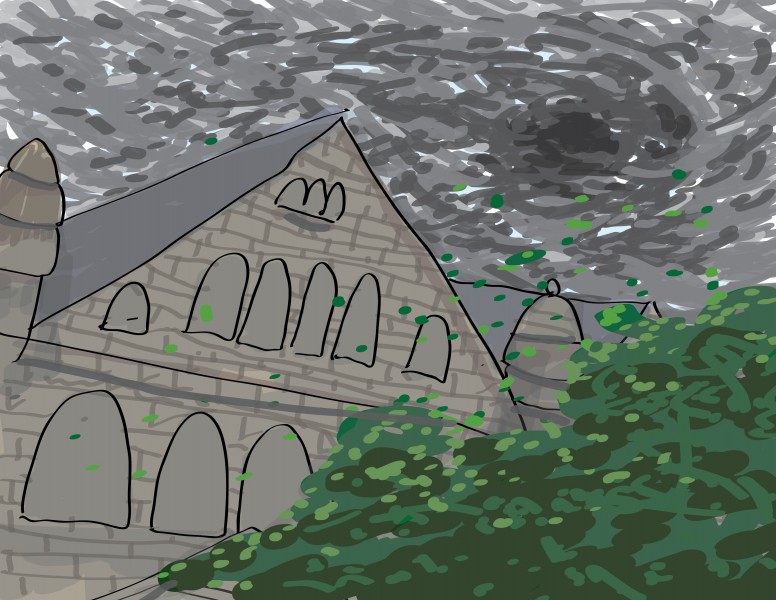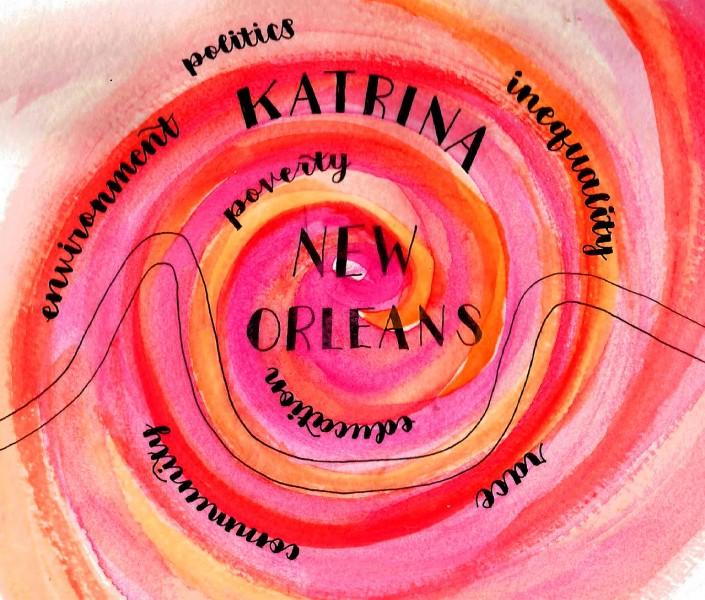Tulane fills gap in curriculum with crucial course on Hurricane Katrina
November 20, 2019
With the recent unveiling of the spring semester course options, Tulane has filled some crucial gaps in its list of academic offerings. Previously an unaddressed issue, the university now offers a very exciting and provocative look into New Orleans’ most defining event.
The Katrina Disaster (HISU 3910), taught by Assistant Professor of History Andy Horowitz, will be offered from 12:30-3 p.m. on Tuesdays.
Horowitz’s course addresses a fundamental error that had long been overlooked at Tulane by creating a regular course that addresses the multidimensional impact of Hurricane Katrina on the U.S., New Orleans and the Tulane Community.

Horowitz notes that his course is designed to discuss Katrina as a broader history of the region and the country.
“I approach Katrina in my class [as an event] with causes and consequences that reach across a century,” Horowitz said.
The levees broke on Aug. 29, 2005, but, as a historian, Horowitz has found particular interest in a discussion of the storm not as a singular disaster, but as the result of a long chain of events mired with racialized neglect and poor city planning.
His process includes historical discussions of the multidimensional aspects of the storm, the many shifts in the way the U.S. addresses issues of urban reform, climate change and regional environmental disasters.
“There is often an impulse among some students and scholars to try to isolate different factors [of the storm’s impacts],” Horowitz said. “My approach rather is to see how the different strands of life here — politics, culture, environmental race, class, gender — how all of those threads are braided together.”
The storm has a special impact on the Tulane campus as it directly resulted in the school’s focus on undergraduate community service and the creation of the Disaster Resilience Leadership Academy. The DRLA notes that “The emerging field of Disaster Resilience Leadership is an innovative response developed as a direct result of failures in disaster leadership, including the analysis of Post-Katrina New Orleans.”
https://twitter.com/andydhorowitz/status/1137969325929902080
While the DRLA program provides a great opportunity for graduate students, Horowitz’s class plays a crucial role in creating a sense of awareness and in-depth historical knowledge amongst undergraduate students, many of whom only come to New Orleans with a loose narrative about the storm. His goal is to upend this narrative that often begins in 2005 and create one that allows students to holistically understand Hurricane Katrina.
“Katrina is the signal event in New Orleans’ modern history. It is an event that I think certainly changed the way that everybody in New Orleans thought about the city. I think it changed the way that Tulane thought about itself as an institution in the city,” Horowitz said.
“I think it changed the way that students who come to Tulane think about why they would come to Tulane and what New Orleans represents in the world. So I think in that way it is kind of a prism for a vast universe of ideas about New Orleans and Tulane and America.”























Sandy MI Rosenthal • Nov 21, 2019 at 4:14 pm
Pleased to see the plans for Professor Andy Horowitz’s course.